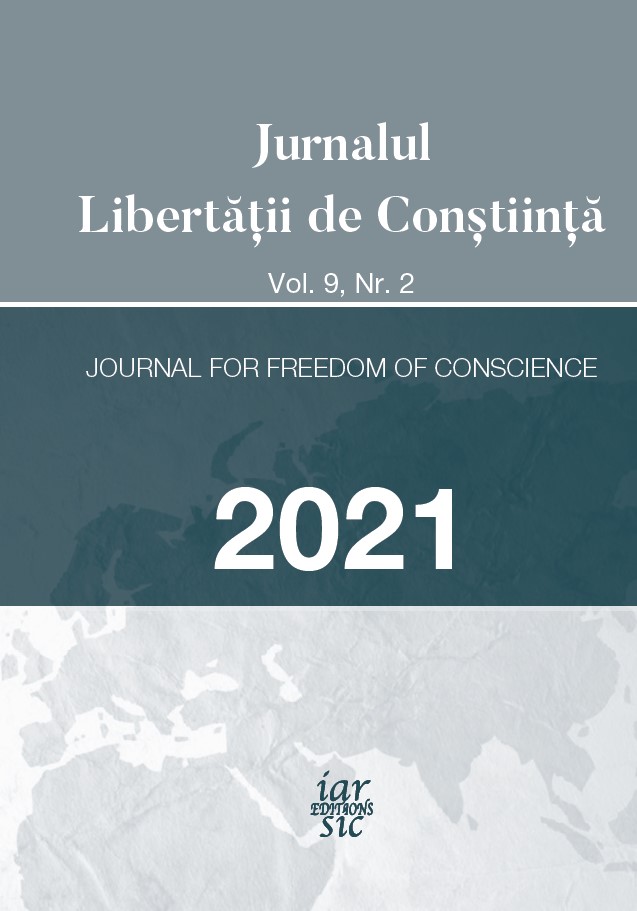SOCIO-ECONOMIC INEQUALITIES. INCOME INEQUALITY VERSUS HAPPINESS INEQUALITY OR HOW INEQUALITY AFFECTS THOSE AROUND US AND OUR LEVEL OF HAPPINESSS
SOCIO-ECONOMIC INEQUALITIES. INCOME INEQUALITY VERSUS HAPPINESS INEQUALITY OR HOW INEQUALITY
AFFECTS THOSE AROUND US AND OUR LEVEL OF HAPPINESSS
Author(s): Radu GheorgheSubject(s): Economy, Economic policy, Social differentiation, Demography and human biology, Socio-Economic Research
Published by: Editions IARSIC
Keywords: Disparities; GDP; GDP per capita; Gini coefficient; income; income quintile share ratio; inequality; life expectancy at birth; PPS per inhabitant; successful market;
Summary/Abstract: The fact that the wealth is unevenly distributed is not new. As is the presence throughout history of both the rich and the poor. It is also known that the inequality strongly erodes the banks of the cohesive sources of society, moving the irriverbed to the areas where social cleavages fully participate in the solidification of the social stratification process. We also know that the inequality creates a wide range of problems that the successful market democraties, through its legitimate governments, should solve them. But what is the individual limit or the social tolerance of inequality? How is the inequality viewed from within societies, not from outside of it? How important is income inside of society and how important is it outside of it? What do we notice when we uncover the roof of comparisons between states and put under a magnifying glass the individual differences within a society? How inequality is seen from outside society and how is seen from within the society? This article does not seek to solve the problems of income inequality. Rather, we are invited to reflect about a problem of practical importance: income will always be important for the individual because it refers to issues that concern society he live in and not to aspects outside it. Because in the society we live in, we look at the social status, at the size of the gaps between us, where is your position towards others.
Journal: Jurnalul Libertății de Conștiință
- Issue Year: 9/2021
- Issue No: 2
- Page Range: 612-623
- Page Count: 12
- Language: English

